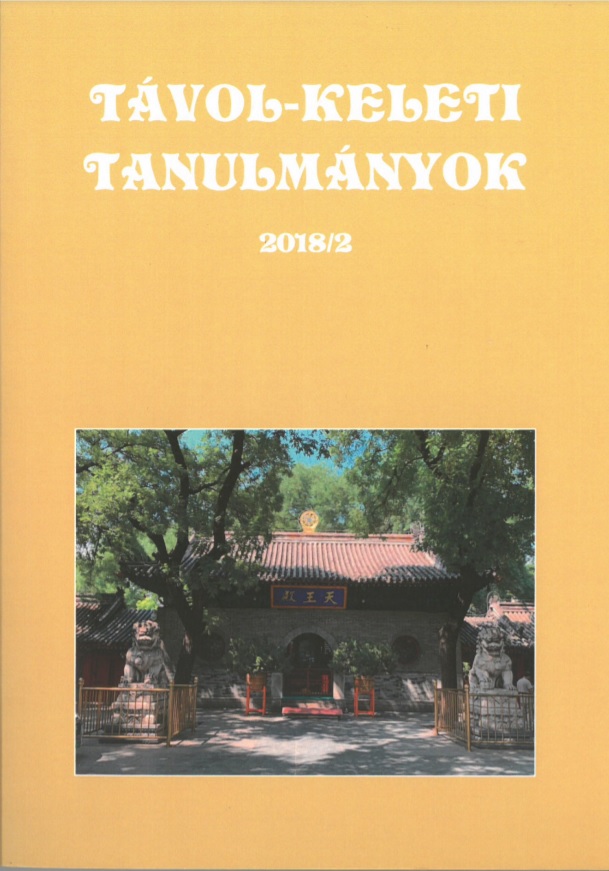In the Mirror: The Role of Western Philosophical Tradition in the Self-Interpretation of Meiji Japan
Published 2019-10-30
Keywords
- Katō Hiroyuki,
- Mori Arinori,
- Sakatani Shiroshi,
- Watsuji Tetsurō,
- Nishida Kitarō
- East and West,
- Meiji period,
- translation,
- philosophy of history,
- kokutai ...More
How to Cite
Copyright (c) 2019 the author(s)

This work is licensed under a Creative Commons Attribution-NonCommercial 4.0 International License.
Abstract
In the first part of the present study (East Asian Studies 2017:2) I examined the techniques used by Meiji intellectuals in translating Western philosophical terms. In the present paper, I widen the scope of that analysis by examining the problems of positioning Japan in the context of what is called “world history” in Western philosophical tradition. This was an extremely challenging task, as most of the interpretations of Weltgeschichte placed “the East” as such on the starting point of the historical progress. This idea cannot easily be harmonised with the notion of kokutai 国体, which seemed to be, on the other hand, a prerequisite of building a Western-like “nation-state” in Japan. In this paper I examine the ways in which leading Japanese intellectuals such as Katō Hiroyuki 加藤弘之, Mori Arinori 森有礼, Sakatani Shiroshi 坂谷素, Watsuji Tetsurō 和辻哲郎 and Nishida Kitarō 西田幾多郎 handled the tension between the “West” and the “East”, and how Japan was reflected in the “mirror” of the West in their writings.

